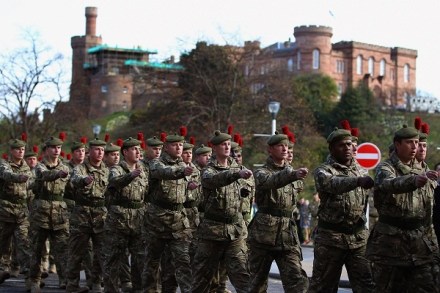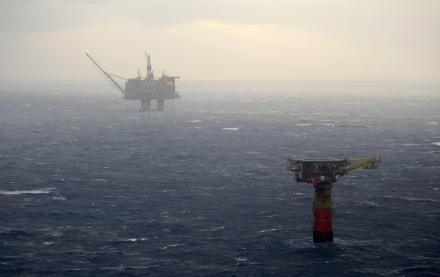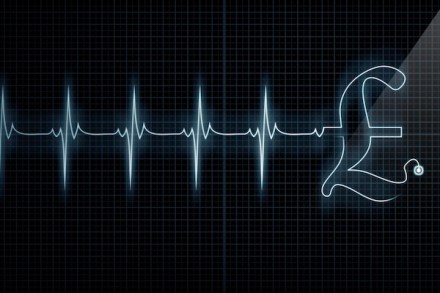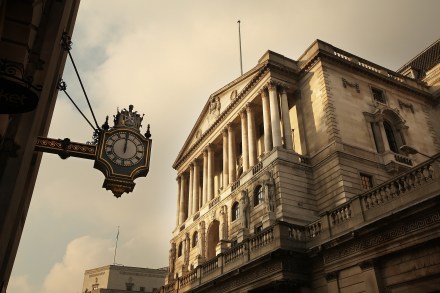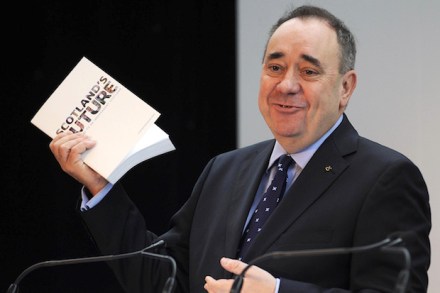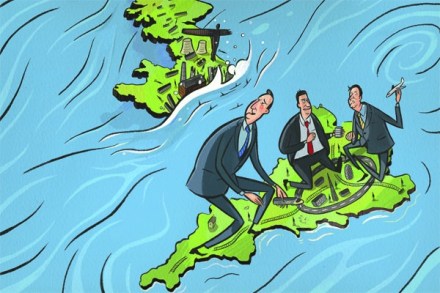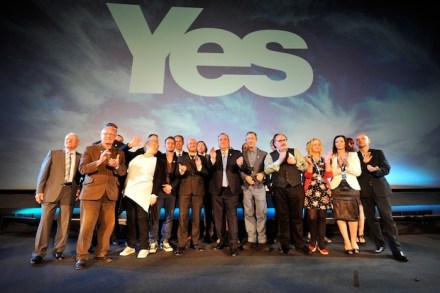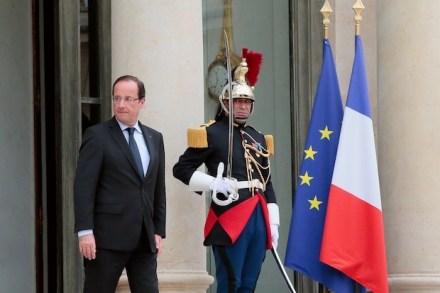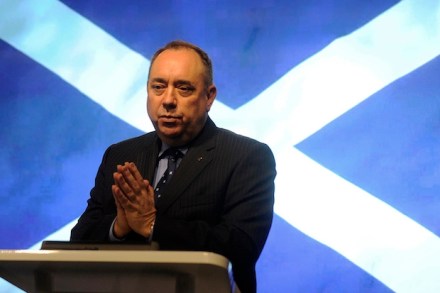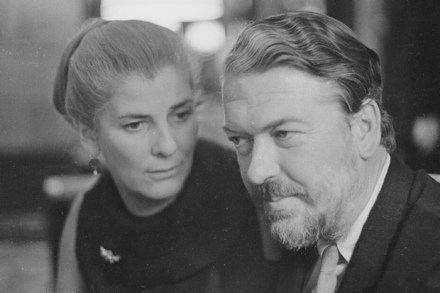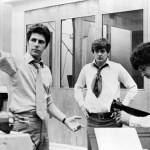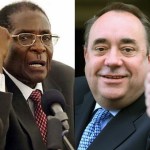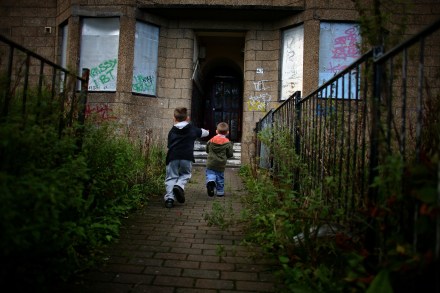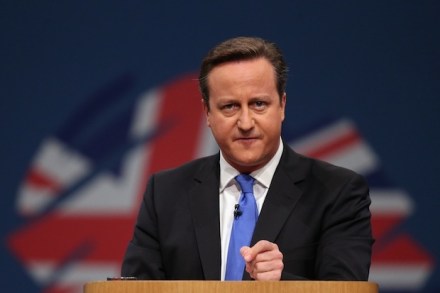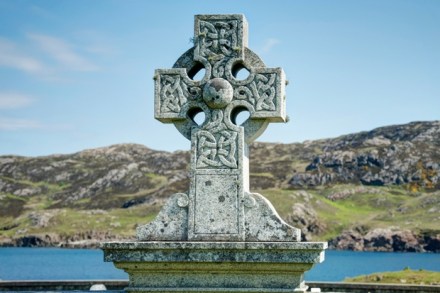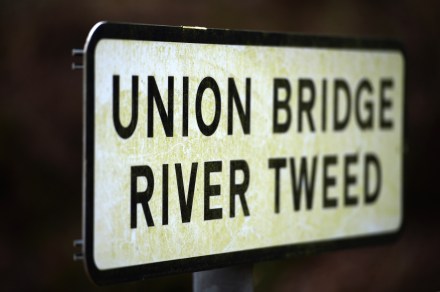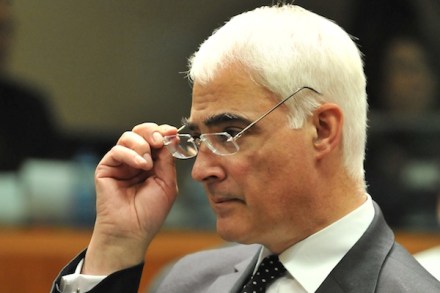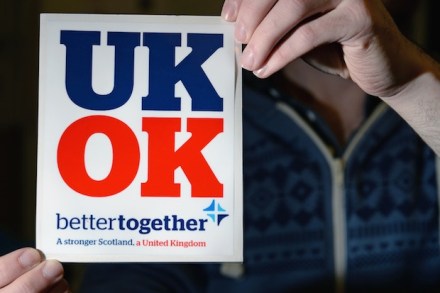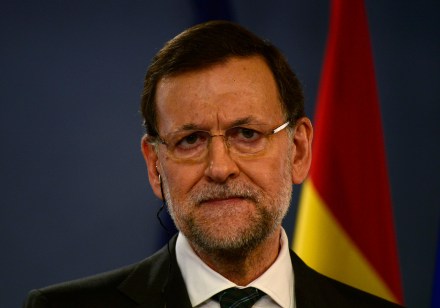With friends like these the Union has no need for enemies
[audioplayer src=’http://traffic.libsyn.com/spectator/TheViewFrom22_6_February_2014_v4.mp3′ title=’Alex Massie and Matthew Parris discuss why the Union is in peril’ startat=55] Listen [/audioplayer]In the cover story for this week’s edition of the magazine (subscribe, by the way!) I write that “The battle for Britain is being conducted on a wavelength which unionist politicians in London struggle to pick up.” As if to prove my point, consider this story from today’s Financial Times in which it is revealed that government ministers in London have been pressuring defence companies to “highlight potential job losses and disruption if Scotland splits from the UK”. Philip Dunne, minister for defence procurement, “would like to see the defence industry in Scotland being a
